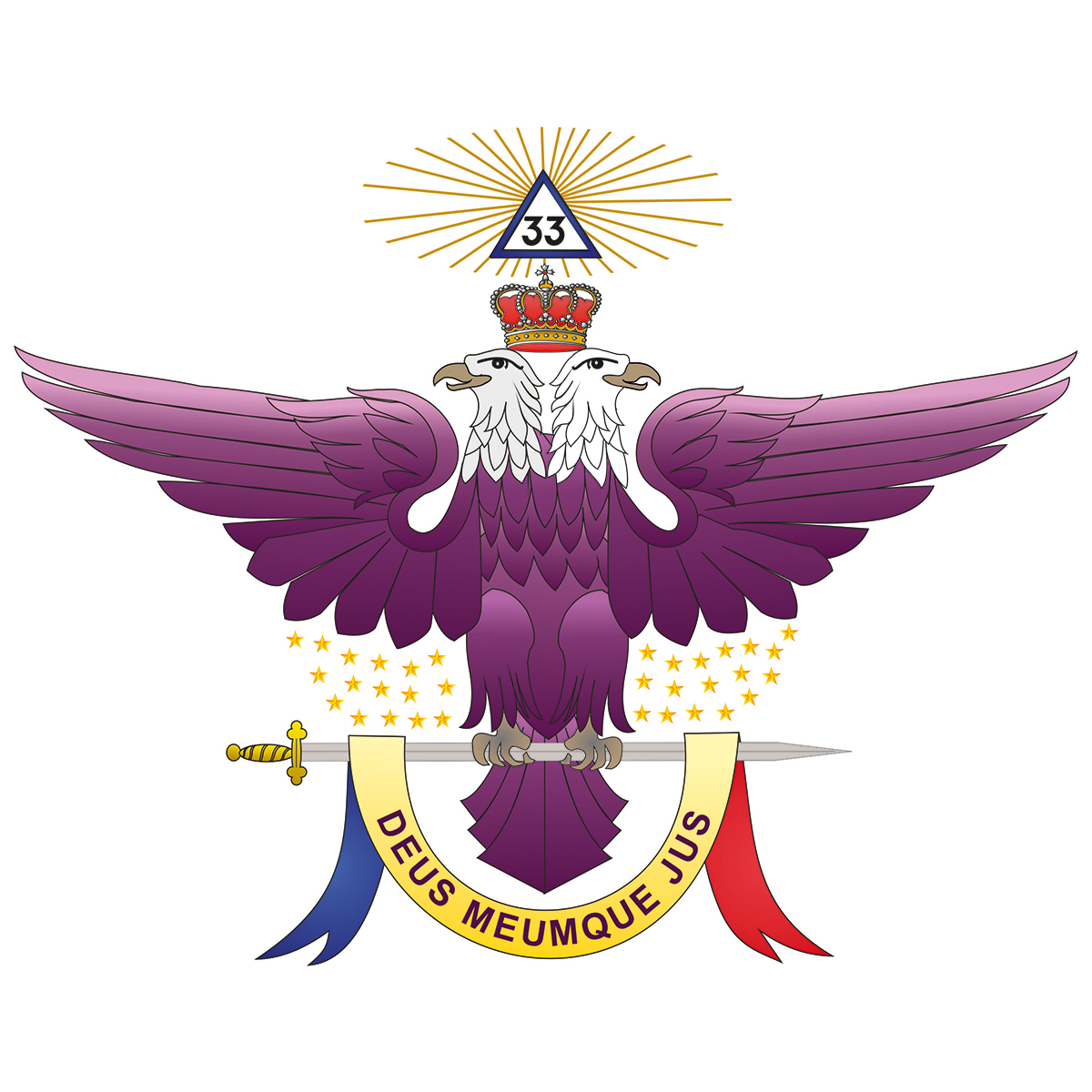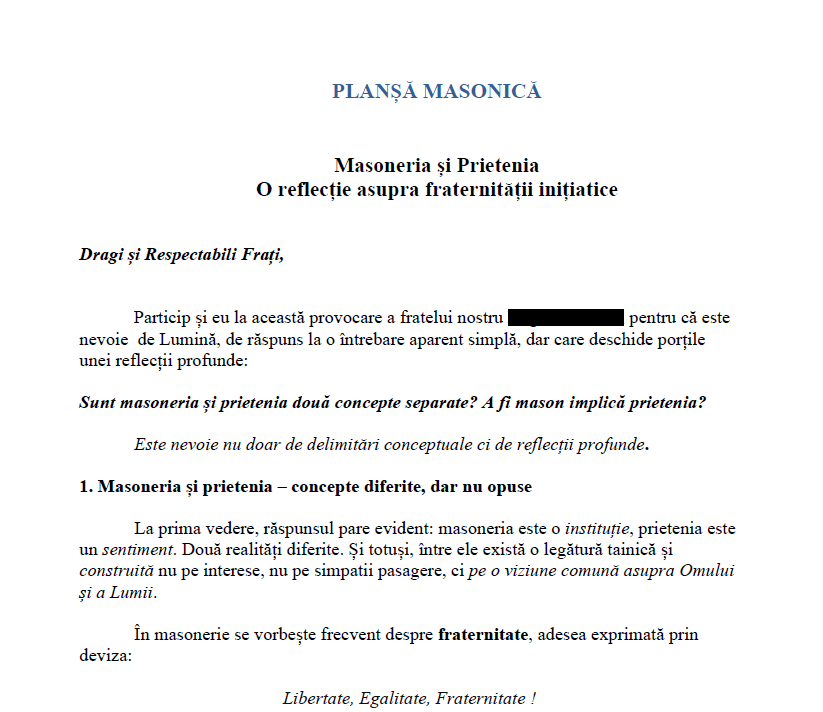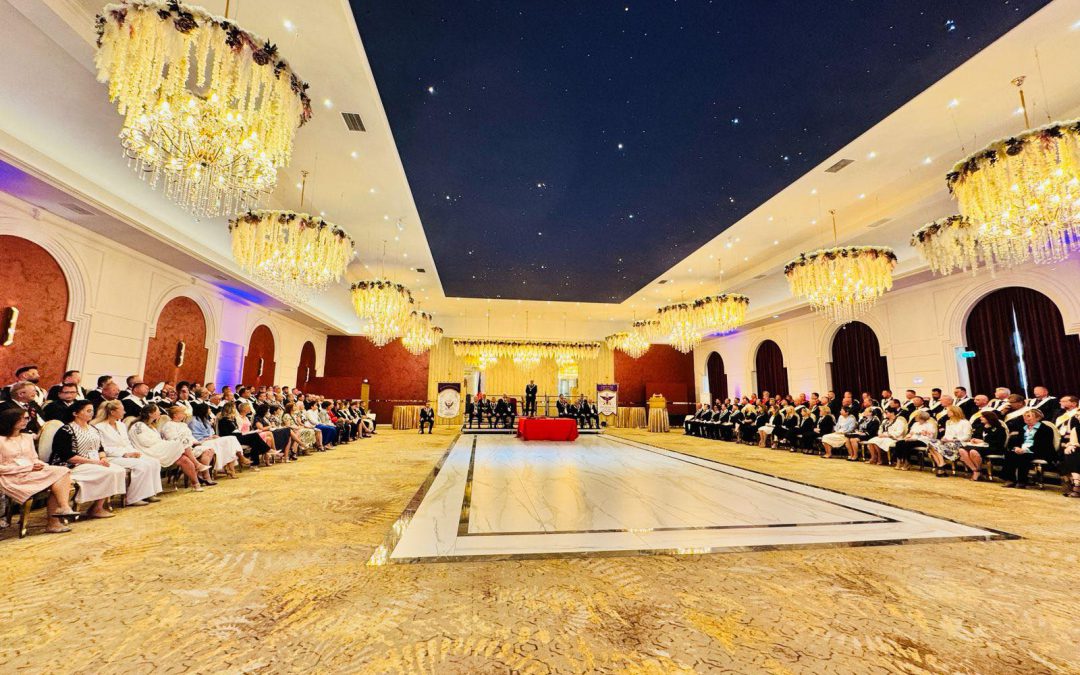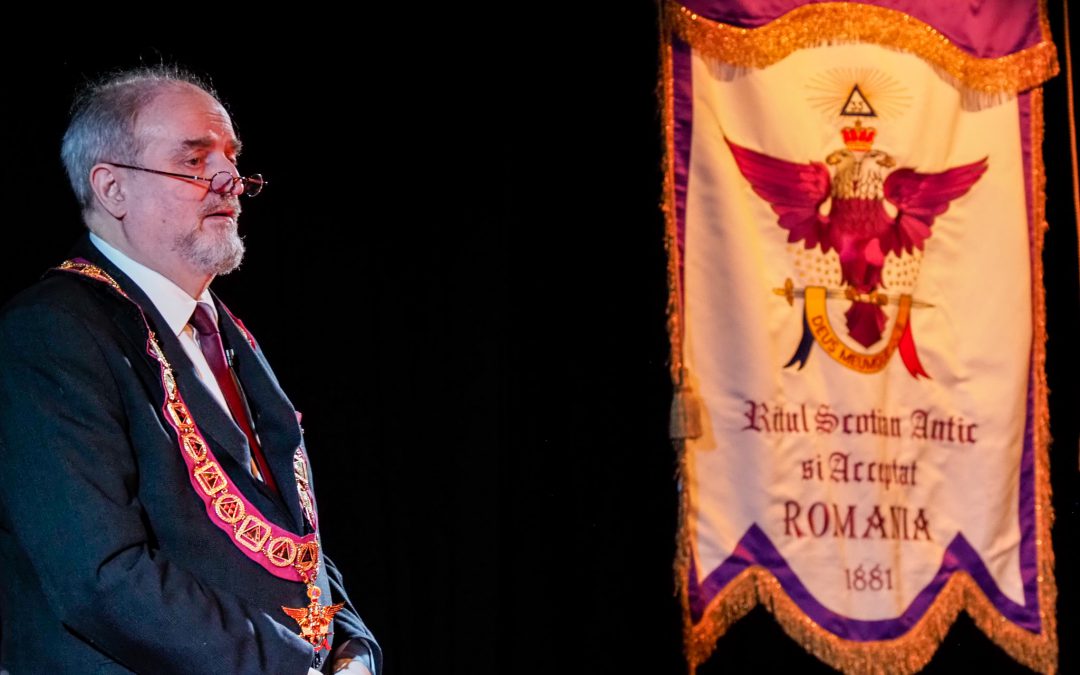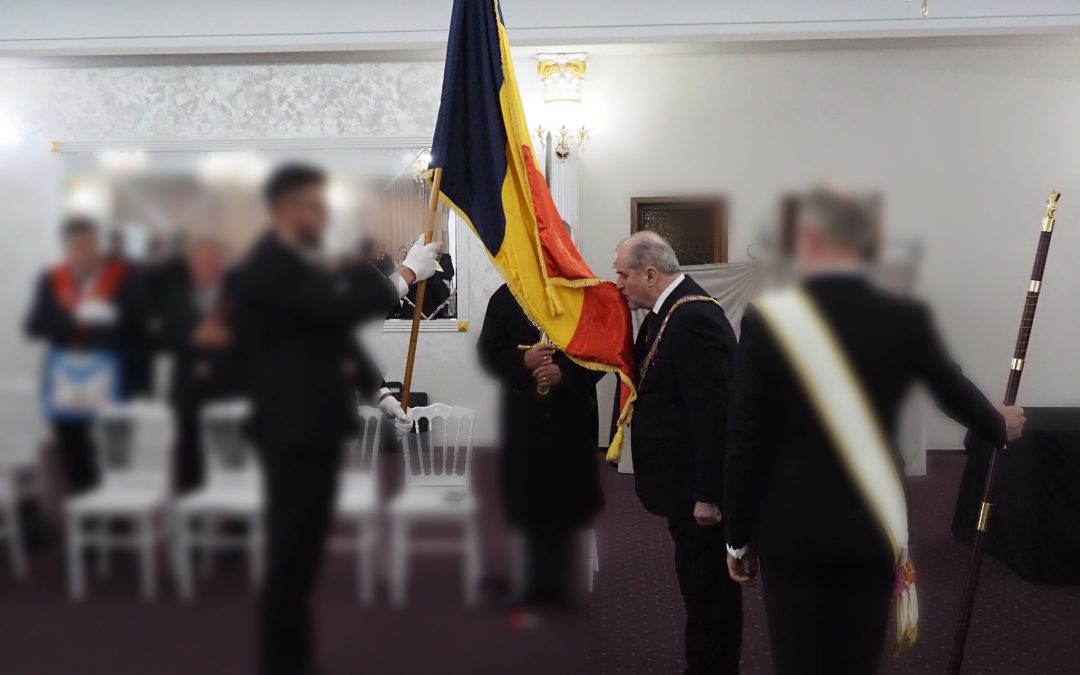We publish this Masonic poster about Freemasonry and friendship:
Dear and Respected Brothers,
I also participate in this challenge of our brother BF, because Light is needed, an answer to a seemingly simple question, but which opens the doors to deep reflection:
Are Freemasonry and friendship two separate concepts? Does being a Freemason involve friendship?
It requires not only conceptual delimitations but also deep reflections.
1. Freemasonry and friendship – different concepts, but not opposites
At first glance, the answer seems obvious: Freemasonry is a institution, friendship is a feeling. Two different realities. And yet, between them there is a secret connection built not on interests, not on fleeting sympathies, but on a common vision of Man and the World.
In Freemasonry, there is frequent talk of fraternity, often expressed by the motto:
Liberty, Equality, Fraternity!
Masonry cultivates fraternity – a form of human connection that, although it is not identical to profane friendship, it sometimes surpasses it in depth. Masonic fraternity is not based on personal affinities, shared histories, or social conveniences. It is based on initiative commitment: that of recognizing the other as a brother, even if we share opinions, characters or experiences.
Masonic fraternity is not identical to ordinary friendship, but it has many common features:
• supposes mutual respect,
• trust between brothers,
• moral support and sometimes, material.
In this sense, being a Mason involves a ritualized and idealized form of friendship – a moral commitment to the other members of the Order.
2. But "profane" friendship is neither required nor guaranteed
A Mason is not required to be personal friends with all siblingsYou can share Masonic values with someone without having an emotional connection or deep personal compatibility. It is a essential friendship, not emotional. In other words:
• Brother he is your brother through Masonic commitment.
• The friend is your friend through a personal and emotional choice.
3. Masonry can create true friendships. Which is desirable
Yes, Many real friendships are born in Freemasonry, because here:
• there is a meeting between people with common values,
• participate in a ritual lived together,
• silence and common reflection are cultivated,
• and symbolic teamwork…
… all of this can lead to stronger friendships than those in secular life.
4. The risk of confusion and disappointment
A real danger arises when someone assumes that Masonic fraternity means automatic and total friendshipWhich leads to disappointments. Not all brothers are loyal, empathetic, or sincere. Not all understand "brotherhood" in the same way.
Because Freemasonry does not guarantee friendship. It is not obligatory to be friends with all brothers – but you have a duty to respect them, support them, and help them become better, just as they have this duty to youThis is, perhaps, one of the highest forms of spiritual friendship.
In ritual silence, in working under the sacred signs of our symbols, sometimes arises a stronger closeness than in the profane: not a sentimental friendship, but a silent one, discreet, but full of meaningAt the same time, we must clearly recognize:
Masonic fraternity can sometimes be put to the test. Lack of sincerity, personal competition, or outside interests can erode trust. That is why, to keep alive the idea of essential friendship, is an act of mastery, even when there is no personal affection.
Being a Mason does not automatically mean being a friend, but it does imply a relationship ethics which can foster friendship.
Brothers,
In a world where friendship often becomes superficial, opportunistic, or transactional, Freemasonry offers us a sacred framework in which friendship can be regenerated – in form, in content and in purpose.
Conclusion:
Being a Mason does not automatically mean being a friend. But it does mean having the chance to become a true friend, where spirit and will meet in the Light.
So be it!
With great love and T⸫A⸫F⸫,
George
![]()
July 28, 6025 A⸫L⸫
